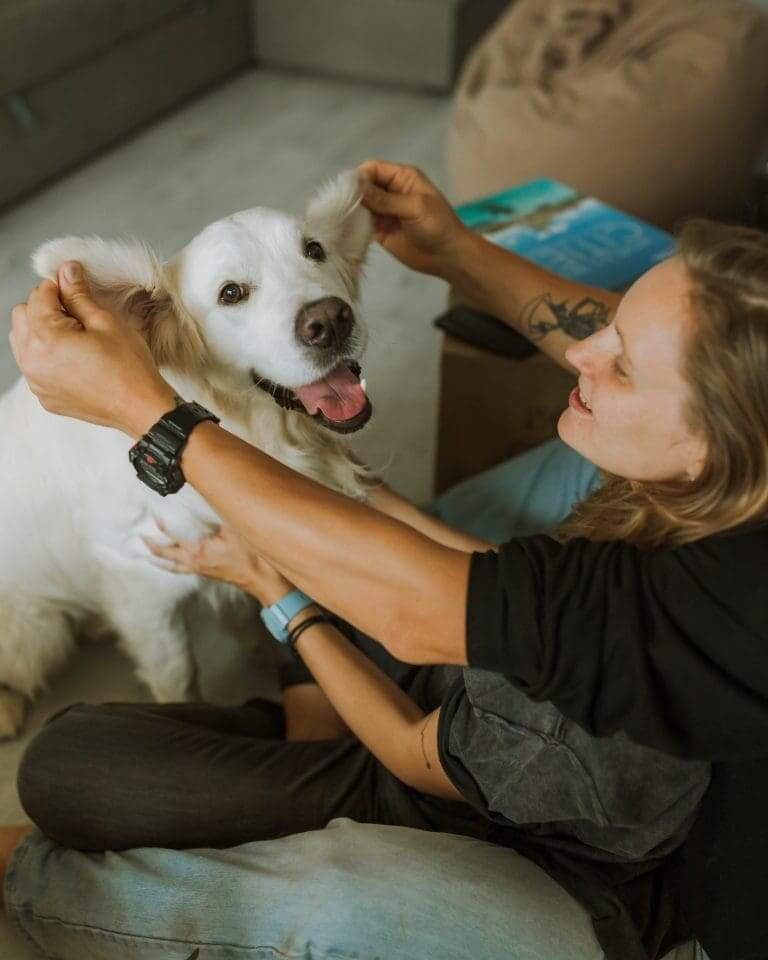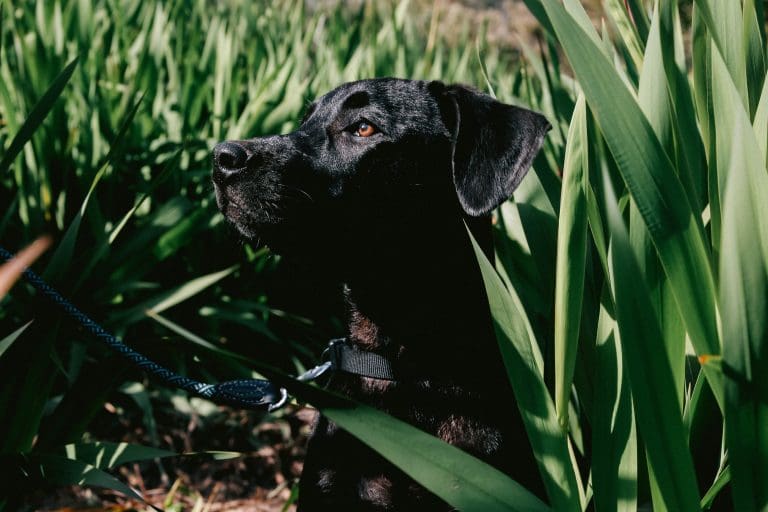How To Treat Dog Anus Bleeding?
Post Date:
December 10, 2024
(Date Last Modified: December 10, 2024)
Seeing your dog bleed from the anus can be distressing for both you and your furry friend. This situation requires immediate attention, and understanding the potential causes can help alleviate some concerns. Anal bleeding in dogs is not something to ignore; it can indicate a range of health issues, varying from minor to serious. Recognizing the symptoms and knowing how to respond can significantly impact your dog’s health and well-being.
Assessing the Situation
If you notice blood around your dog’s anus or in their feces, take a moment to assess the situation. Observe your dog for additional symptoms such as straining to defecate, excessive licking of the area, changes in appetite, lethargy, or signs of pain. Each of these symptoms can provide vital clues about what might be happening.
Possible Causes of Anal Bleeding
One common cause of bleeding from the anus in dogs is anal gland issues. Dogs have two anal glands located on either side of the anus. These glands can become impacted or infected, leading to discomfort and bleeding. If the glands become abscessed, this can result in significant bleeding. Signs that the anal glands need attention include scooting on the ground or excessive licking.
Another potential cause of anal bleeding is the presence of intestinal parasites, such as worms. These parasites can irritate the gastrointestinal tract, leading to bleeding, especially if your dog is experiencing diarrhea or has a significant worm infestation. Regular deworming and fecal checks by your veterinarian can help prevent this issue.
Tumors or growths in the rectal area can also cause bleeding. These can be benign or malignant and often require diagnostic testing to determine their nature. If you notice any unusual lumps or masses around your dog’s anus, it’s essential to consult with your veterinarian promptly.
Dietary issues may contribute to anal bleeding as well. A diet lacking sufficient fiber can lead to constipation, resulting in straining and potential bleeding. Ensuring your dog has a well-balanced diet with the right amount of fiber can promote healthy bowel movements.
Immediate Steps to Take
If your dog is bleeding from the anus, the first step is to remain calm. Panic won’t help your furry friend, and staying composed allows for better assessment of the situation. If the bleeding is significant or your dog appears to be in pain, seek veterinary care immediately. Contact your veterinarian and describe the symptoms in detail. They may advise you to bring your dog in for an examination or provide guidance on managing the situation at home.
Veterinary Care and Treatment
Upon arriving at the veterinary clinic, the veterinarian will likely perform a thorough physical examination and may recommend additional tests, such as blood work or imaging studies, to determine the cause of the bleeding. Treatment options will vary based on the diagnosis. Anal gland issues may require manual expression or medication, while parasitic infections often necessitate deworming treatments. If a tumor is found, further diagnostic procedures may be necessary to establish a treatment plan.
After treatment, it’s crucial to follow your veterinarian’s instructions carefully. If your dog has undergone surgery or a procedure, monitor their recovery closely. Keep an eye on the surgical site for any signs of infection, such as increased swelling, redness, or discharge. Follow up with any scheduled appointments to ensure your dog is healing properly.
Preventive Measures
Preventive care can significantly reduce the risk of anal bleeding in dogs. Regular veterinary check-ups are vital for monitoring your dog’s overall health. Your veterinarian can assess your dog’s anal glands and recommend routine expressions if needed. Feeding your dog a balanced diet rich in fiber promotes healthy bowel movements. Additionally, keeping an eye on your dog’s weight is important, as obesity can contribute to anal gland issues.
Maintaining good hygiene is also essential for your dog’s health. Regular grooming can help keep the anal area clean and reduce the risk of infections. If your dog has long hair around their rear end, consider trimming it to prevent matting and make it easier to clean. Bathing your dog regularly can help remove debris that may accumulate in that sensitive area.
If you notice your dog scooting, licking excessively, or showing signs of discomfort, take quick action. These behaviors often indicate a problem. While not all cases of anal bleeding are serious, early intervention can prevent more severe issues down the line.
Providing Emotional Support
Addressing potential health issues is important, but providing emotional support to your dog during this time is equally essential. Dogs can sense their owner’s emotions, so try to remain calm and reassuring. Spend time with your dog, offering comfort and companionship. Your presence can help alleviate their anxiety and make the healing process smoother.
Vigilance and Attention
Understanding why your dog may be bleeding from the anus equips you with the knowledge to take appropriate action. Whether it’s an anal gland issue, a parasitic infection, or something more serious, being vigilant about your dog’s behaviors and symptoms can significantly impact their health.
Regular veterinary care, a balanced diet, good hygiene practices, and attentiveness to changes in your dog’s behavior contribute to their overall well-being. If you have concerns about your dog’s health, don’t hesitate to reach out to your veterinarian. Their expertise will ensure that your beloved pet receives the necessary care.
Feeling anxious when faced with your dog’s health issues is natural, but remember that you are not alone. Many dog owners experience similar situations, and with prompt attention and care, most conditions can be treated effectively. Your dog relies on you for their health and happiness, and a proactive approach can lead to positive outcomes. If you find yourself asking, “Why is my dog bleeding from his butt?” noting any other symptoms and seeking veterinary advice is crucial. Your dog deserves the best care possible, and you are their best advocate.






